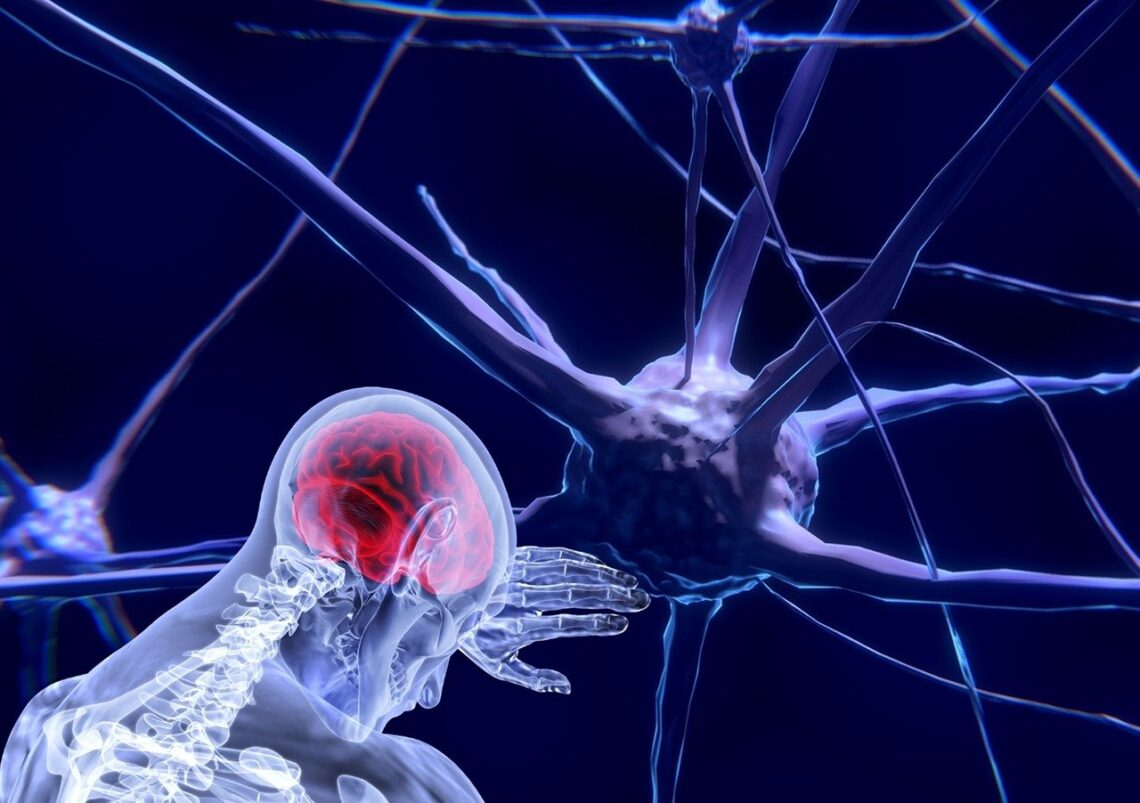In the intricate tapestry of human health, psychosomatic illnesses represent a fascinating and complex domain where the mind and body converge. Thanks to the advances in neuroscience and the discipline of biopsychology, we’re beginning to unravel the subtle yet profound ways in which our brains, emotions, and bodily organs communicate and influence each other.
Biopsychology: Bridging Brain and Behavior
Biopsychology, standing at the crossroads of biology and psychology, delves into the physiological bases of behavior. It’s here, in this nuanced field, that neuroscience contributes its cutting-edge discoveries, shedding light on the brain’s inner workings. This discipline provides a framework for understanding how our thoughts, emotions, and the very structure of our brain intertwine to shape our health and wellbeing.
Emotions at the Core
Central to the discussion of psychosomatic illnesses is the role of emotions. Emotions aren’t just ephemeral states of mind; they have tangible, physical effects on our body. Biopsychology examines how emotional experiences, especially those that are intense or prolonged, can manifest physically, impacting our organs and bodily functions. It’s a reminder that our emotional health is inseparable from our physical health.
Neuroscience’s Contribution to Understanding Psychosomatics
Modern neuroscience, with its sophisticated imaging technologies and methodologies, has provided unprecedented insights into how the brain processes emotions and how these processes can affect our physical state. For instance, stress—a primarily emotional response—can trigger a cascade of hormonal reactions, influencing everything from our heart rate to our immune system. This neurochemical dialogue illustrates the concrete pathways through which psychosomatic phenomena occur.
The Communication Network: Thoughts, Emotions, and Organs
One of the key revelations in biopsychology is the intricate communication network that links our thoughts, emotions, and bodily organs. This network operates via the nervous system, which acts as the body’s communication infrastructure, and the endocrine system, which secretes hormones that influence bodily functions. These systems don’t just transmit signals; they embody the conversation between our psychological experiences and physical states.
Clarifying Psychosomatic Concepts
By examining the interplay between the nervous system and emotional states, biopsychology has clarified some of the foundational concepts of psychosomatic medicine. It explains how psychological stressors can lead to physical symptoms and illnesses, offering a scientific basis for phenomena that were once considered purely psychological or, in some cases, imaginary.
Towards a Holistic Understanding of Health
This emerging understanding encourages a more holistic approach to health, recognizing that psychological wellbeing is fundamentally linked to physical health. It underscores the importance of addressing emotional and mental health issues as part of a comprehensive health care strategy, acknowledging that the mind and body are not separate entities but parts of a unified whole.
Conclusion: A New Frontier in Wellbeing
As biopsychology and neuroscience continue to evolve, they open new frontiers in our understanding of health and illness. The study of psychosomatic illnesses through the lens of these disciplines offers hope for more effective treatments that address the complex interplay between our minds, emotions, and bodies. It’s a promising step towards a health care paradigm that truly encapsulates the full spectrum of human experience.

